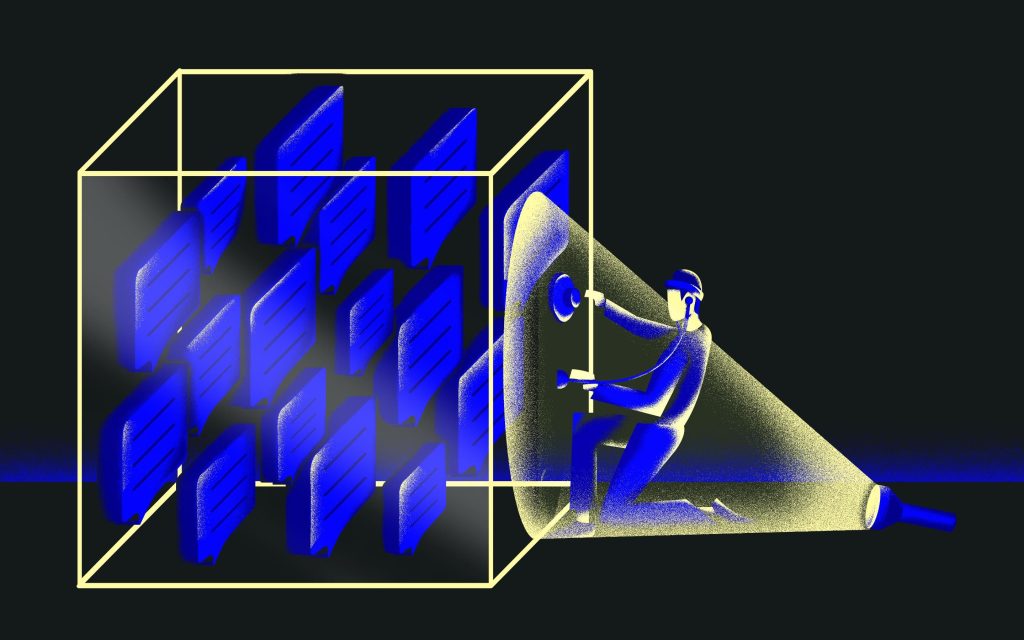
The Revolution of Quantum Cryptography
In a world where information is the lifeblood of our digital age, ensuring its security has become paramount. We’ve all heard about encryption and its role in safeguarding our data. Still, a new player in town promising to take data security to a whole new level – Quantum Cryptography. In this article, we’ll embark on an exciting journey to explore the revolution of quantum cryptography, demystifying its concepts in plain English and understanding how it might shape our digital future.
What is Quantum Cryptography?
Quantum cryptography is a cutting-edge field of study that leverages the principles of quantum mechanics to secure information. At its core, it’s all about using quantum particles’ bizarre and fascinating behavior to create unbreakable codes.
The Quantum Mechanics Primer
Before we dive deeper, let’s briefly touch on quantum mechanics. Imagine tiny particles that can exist in multiple states simultaneously, disappearing and reappearing at will. These particles defy our classical intuition and form the foundation of quantum cryptography.
Quantum Key Distribution (QKD)
One of the key concepts in quantum cryptography is Quantum Key Distribution or QKD. It’s like exchanging a secret code in a secure way that not even the cleverest hacker can crack it.
The Uncertainty Principle
Remember Heisenberg’s Uncertainty Principle? It states that you can’t simultaneously know a particle’s position and momentum with absolute certainty. Quantum cryptography exploits this principle to detect any eavesdropping attempts.
Quantum Entanglement – The Spooky Connection
Here’s where things get truly mind-boggling. Quantum entanglement is a phenomenon where two particles become so interconnected that the state of one instantly affects the other, no matter the distance between them. It’s like having a magical connection that hackers can’t tap into.
Quantum Bits (Qubits) – Beyond 0s and 1s
In classical computing, we deal with bits – 0s and 1s. Quantum cryptography introduces qubits, which can exist as 0 and 1 simultaneously, thanks to superposition. This unique property enhances encryption exponentially.

Quantum Cryptography vs. Traditional Cryptography
How does quantum cryptography compare to traditional methods? Imagine a supercar racing against a bicycle; quantum cryptography is the supercar. It’s faster, more secure, and virtually unhackable.
Current Applications and Limitations
While quantum cryptography holds immense promise, it’s not without its limitations. Due to the complexity and cost, it’s mainly used for highly secure communication channels like government and military networks.
The Quantum Leap – Future Possibilities
The future is exciting. We might see quantum cryptography becoming mainstream, securing everything from financial transactions to personal messages, ushering in a new era of digital safety.
Is Quantum Cryptography Hacker-Proof?
The short answer is yes. Quantum cryptography relies on the laws of physics, making it theoretically impossible for hackers to crack the encryption without disturbing the quantum states involved.
Quantum Cryptography in Everyday Life
Imagine a world where you don’t worry about your online data being stolen. Quantum cryptography could make this a reality, revolutionizing online security for everyone.
The Quantum Cryptography Race
Countries and corporations worldwide are racing to develop and deploy quantum cryptographic systems. It’s not just about security; it’s also about staying ahead in the digital age.
Conclusion: Securing the Unsecurable
In Conclusion, quantum cryptography represents a seismic shift in securing our data. It’s not science fiction; it’s a burgeoning reality that promises a safer digital future.
FAQs About Quantum Cryptography
1. How does quantum cryptography work in simple terms? Quantum cryptography uses the properties of quantum particles to create codes that are nearly impossible to break. It relies on principles like superposition and entanglement to secure data.
2. Is quantum cryptography only for governments and big corporations? While it’s currently used in high-security applications, the goal is to make quantum cryptography accessible to everyone, enhancing online security.
3. Can quantum cryptography be hacked? In theory, no. The laws of physics that govern quantum mechanics make it extremely difficult, if not impossible, for hackers to break quantum encryption.
4. When will we see quantum cryptography in everyday technology? Predicting the exact timeline is hard, but researchers are making rapid progress. We could start seeing quantum cryptography integrated into everyday technology within a decade.
5. What are the challenges facing quantum cryptography’s widespread adoption? Cost, complexity, and the need for specialized hardware are some challenges. However, ongoing research aims to overcome these hurdles and make quantum cryptography more accessible.
In a digital world where our data is constantly under threat, the revolution of quantum cryptography offers a glimmer of hope. It’s not just about protecting our information; it’s about redefining what’s possible in cybersecurity. As the quantum cryptography race continues, one thing is certain: our data has never been safer.
